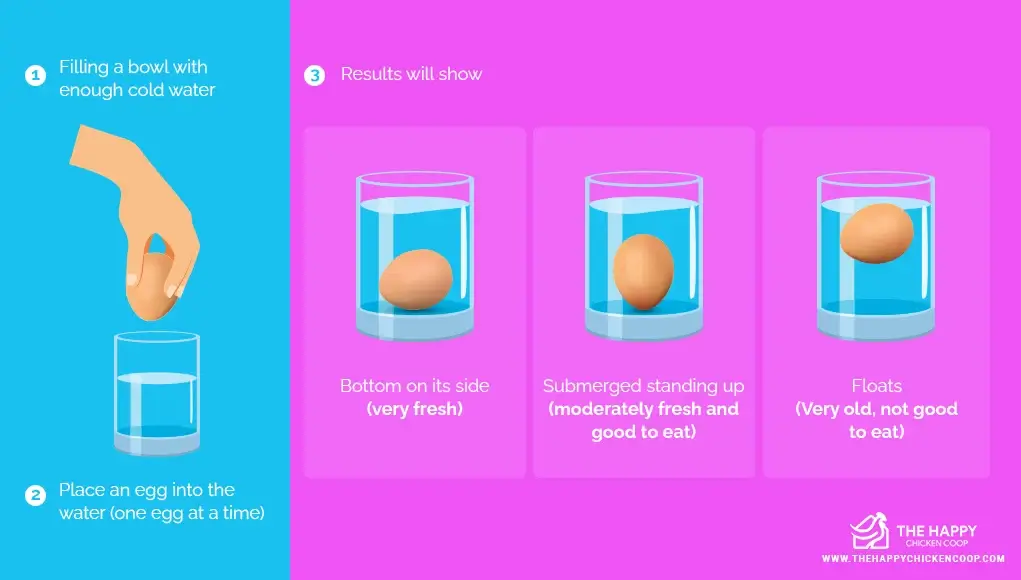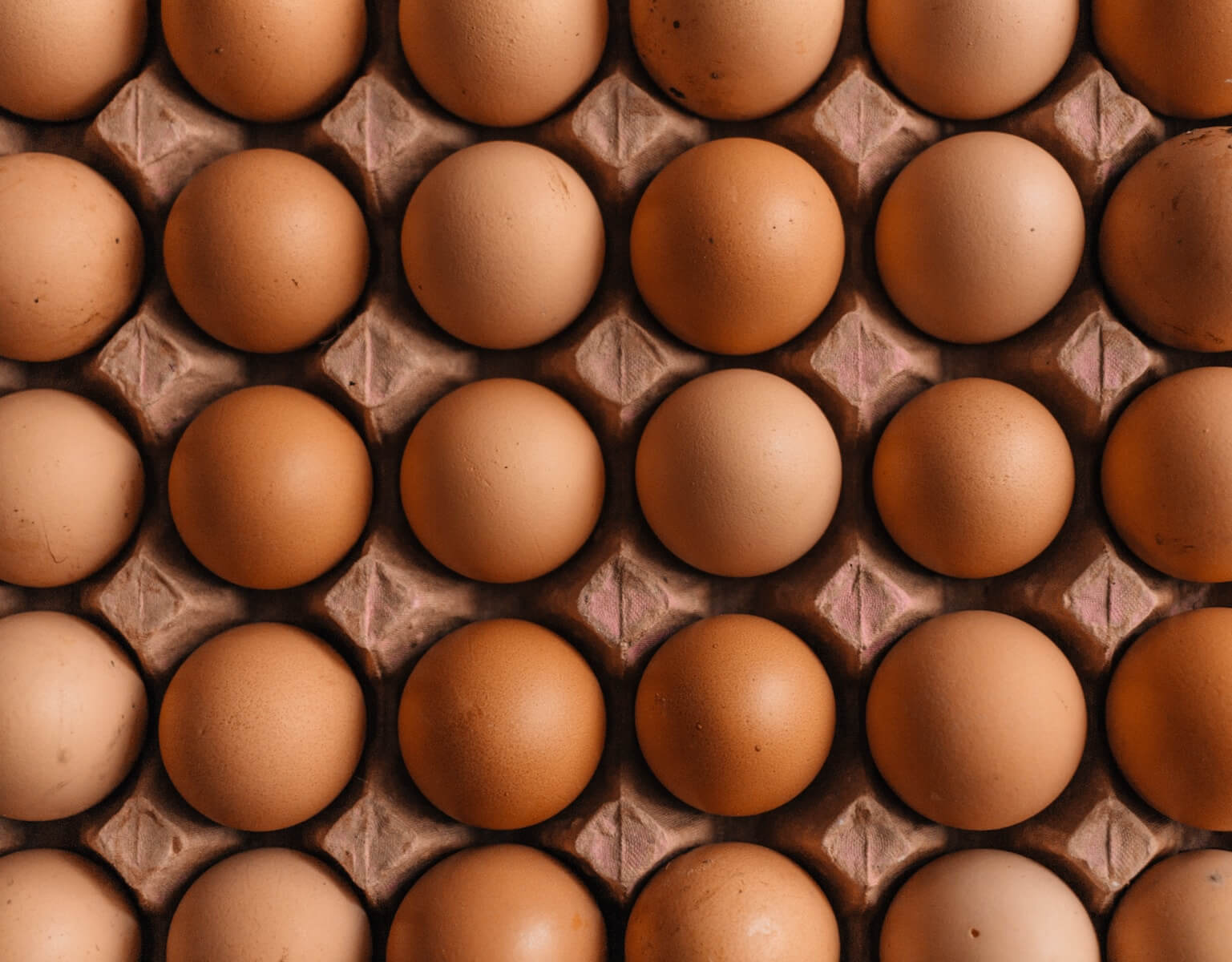Proper egg handling and egg storage is important to maximizing egg shelf life. Good, fresh eggs can keep for 2 – 4 weeks, while frozen eggs can keep up to 1 year.
Depending on the poultry farming method through which they are produced, eggs are prone to developing bacteria that causes food poisoning the longer they are kept.
For obvious reasons, damaged or contaminated eggs, and eggs that have gone bad should not consumed or used as ingredients in food preparation.
Fresh egg storage for long keeping
Outdoor Happens touts that fresh eggs can keep for quite some time before going bad.
Good clean eggs are perhaps the easiest to store since they do not require cleaning. Cleaning eggs generally shortens an egg’s lifespan, as the protective covering – cuticle – that seals them is no longer intact.
Broken eggs will keep the least no matter what storage method is used. Such eggs, if they are clean and uncontaminated, should be used immediately to avoid their going bad.
Cool dry place
One of the most common ways of preserving non perishables is to store them in a cool dry place. This also applies to eggs but that does not mean that they have have a long shelf life.
Good, fresh, unwashed eggs can last for upto 1 month when stored at room temperature.
Refrigeration
Eggs can also be refrigerated at about 4 degrees Celsius for longer keeping. Refrigerated eggs can keep good for 3 to 6 months according to Outdoor happens.
Freeze
To what may come as a surprise to some, eggs can be frozen for longer keeping. However, it is not advisable to freeze eggs in their shells. Instead, you should remove the eggs from their shells and beat their yolks and whites together. Additionally, egg whites can also be frozen by themselves.
Frozen eggs should be used within 1 year
Cooking
Hard cooked / boiled eggs should be consumed within 1 week. Fried eggs can keep for a day or two if refrigerated.
Here’s a summary of egg shelf life by storage method:
| Counter top (warm room) | Counter top (cold room) | In the fridge | |
| Fresh eggs – clean, unwashed | ~ 2 weeks | ~ 4 weeks | 3 – 6 months |
| Fresh eggs – washed | ~ 1 week | ~ 2 weeks | 3 – 6 months |
| Fresh egg – dirty | About 1 week | ~ 2 weeks | |
| Store bought | FDA advisory: 2 hours | FDA advisory: 2 hours |
Always confirm egg storage method and duration with applicable food regulatory authorities. The above table is compiled from Backyard homestead Hq, Homestead & Chill, and Outdoor Happens. For best results, eggs should be used before their designated end-of-shelf-life date.
Egg freshness test
As a rule of thumb, you can rely on the smell and basic appearance of the egg shell to tell if an egg is good or bad. An egg thats gone bad will have an unpleasant smell, either before or after it has been broken out of its shell.
There is also an egg-freshness test that you can carry out to conclusively tell if an egg is good, fit for consumption or bad.

In the egg freshness test, an egg is placed in water and its freshness is determined as follows:
| Observation | Fresh | Fit for consumption |
| Egg sinks and lies on its side | Yes | Yes |
| Egg sinks and stands in the water | Moderately | Yes |
| Egg floats | No | No |
Here is a demonstration of the egg-freshness test from BBC Food
Key takeaways
- For obvious reasons, eggs that has gone bad should not be used
- Washing eggs shortens their shelf life
- For longer keeping, eggs can be refrigerated or frozen
- Eggs intended for consumption should be used before their best-by date for results: quality and flavour wise
- Store eggs as advised by the producer, and applicable food regulatory authorities

